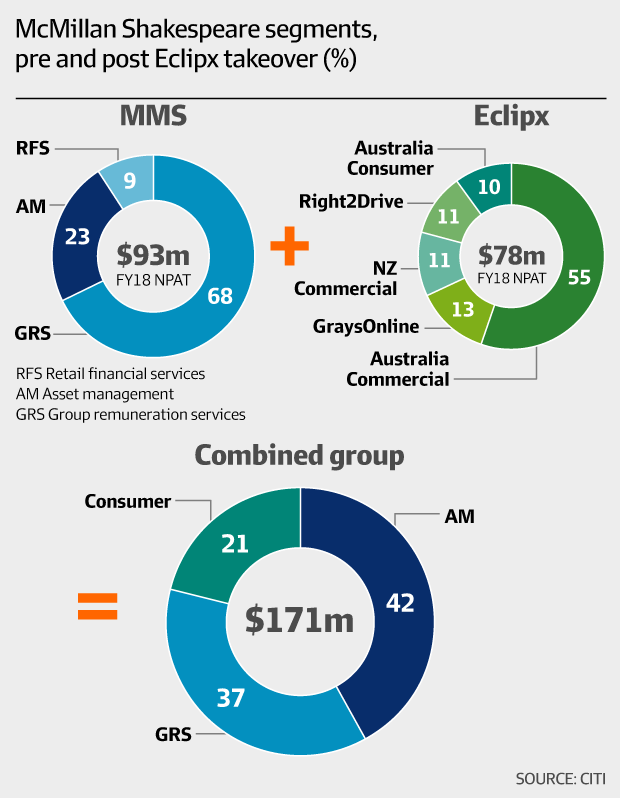Bankers called in to float streaming 'unicorn' iflix
Rich Lister Patrick Grove is ramping up preparations to list his Asia-focused TV shows and movies streaming business iflix on the Australian Securities Exchange, in a float that could value the company at more than $1 billion.
Rich Lister Patrick Grove is ramping up preparations to list his Asia-focused TV shows and movies streaming business iflix on the Australian Securities Exchange, in a float that could value the company at more than $1 billion.
Street Talk understands iflix has asked a handful of Australian investment banking teams to pitch for joint lead manager roles, with the view to having advisers mandated to work on the mooted float within weeks.
The request for proposal asked investment banks to address a handful of issues including iflix's likely valuation as a listed company, the valuation methodology that could be used to sell the float, a marketing strategy and the best capital structure to list the business.
It is understood equity capital markets teams from Goldman Sachs, UBS, Macquarie Capital, Citi and Credit Suisse were among investment banks asked to pitch for a JLM role.
Should iflix - which is a competitor to Netflix in Asia - head to the ASX as planned, it would likely be one of the largest technology sector listings in Australia this year.
The company describes itself as the world's leading entertainment service for emerging markets, targeting consumers in Malaysia, the Philippines, Thailand, Indonesia, Sri Lanka and Saudi Arabia, among other countries. It provides subscription video on demand - in much the same way Netflix or Stan does in Australia.
Grove co-founded iflix and is the company's chairman. His investment firm, Catcha Group, also led a funding round for the company in 2015.
iflix most recently raised equity last year, when it closed a $US133 million ($168 million) capital raising led by United States publisher and television station owner Hearst. The raising took its total capital raised to $US303 million and valued iflix at more than $700 million. (Grove's private Catcha Group holds the biggest stake). Its other shareholders include UK broadcaster Sky.
It's expected to seek an even bigger valuation should it head to the ASX-boards as planned. The question is how much capital it would seek to raise - and whether existing shareholders would be able to sell down as part of the initial public offering.
It is understood iflix told investment banks it was targeting a listing in the 2019 calendar year.
While Grove has made his name as an investor in Asia-focused internet start-ups, he has also had success with ASX-listed companies. His Catcha Group was the biggest shareholder in online property portal iProperty Group, which was acquired by REA Group in 2016.
iProperty Group listed at 25¢ a share in 2007 and was bought for $4 a share in February 2016.

